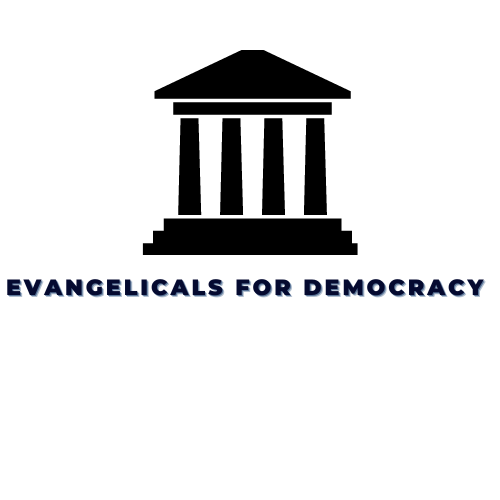The Truth About Democracy and the Rule of Law
In his famous Gettysburg address, President Abraham Lincoln said democracy is a rule “of the people, by the people and for the people,” reinforcing a covenant among the early citizens of the United States to govern themselves, under God, in accordance with moral, just principles.
Yet, what is not well known is that Lincoln’s words were inspired by the Scriptures and attributed to the renown English theologian John Wycliffe, who produced the first English language Bible in 1382. Writing in the prologue that “This Bible is for the Government of the People, by the People, and for the People,” Wycliffe’s words redefined the relationship between the government and the governed, which led to constitutional government in England and to the granting of important individual rights, such as freedom of speech.
Wycliff’s words, reinforced by Lincoln’s address to the nation, also underscore an essential truth: that a self-governing society can only exist if its citizens trust the government to protect individual freedoms. Thus, one of the most important defining characteristics of a democracy is the rule of law, which protects the fundamental rights of citizens and ensures that in a free and fair democratic society, all people are treated equally.
Tracing back to the signing of the Magna Carta in England in 1215, the rule of law is a system of laws grounded in the principle that no individual, whether a private citizen, business tycoon and even the president, stands above the law. Therefore, in a nation that upholds the rule of law, laws are enacted by representatives of the people and applied equally to all citizens, regardless of their sex, race, religion or culture. However, in nations where the rule of law breaks down, government decisions are made without accountability, political leaders act with impunity to accumulate power and increase their net worth, and the public grows increasingly frustrated with a government that favors the powerful and connected at the expense of ordinary citizens.
So, how is the U.S. fairing in upholding the rule of law? Actually, not well. According to the latest Rule of Law Index issued annually by the World Justice Project, the U.S. ranks 27th globally as a rule of law nation based on eight factors: constraints on government powers, absence of corruption, open government, fundamental rights, order and security, regulatory enforcement; civil justice, and criminal justice. To put this ranking into context, Denmark, Norway, Finland, Sweden, and Germany rank highest for maintaining the rule of law. Also ahead of us are Canada, which ranks 12th; Australia, which comes in at 13; Japan at 15; the United Kingdom at 16; Korea at 20; Spain at 21; France at 23; and Portugal at 26.
But what is even more disturbing is the rule of law in the US has been on a steady decline for several years. Between 2016 and 2021, the U.S. score for constraints on government power (checks on government actions by the Congress and the courts) went down by 16 percent while the score for respect for fundamental rights declined by 11 percent. Even worse, the U.S. ranks 122 out of 139 countries on discrimination in the justice system. Doesn’t this render the world’s oldest democracy the same as a banana republic on this measure?
Taken together, these findings make clear that there is a rule of law crisis in our land. And the evidence is visible for all to witness: violent attacks against the FBI, open threats aimed at politicians who support the rule of law, state laws restricting voting rights and women’s access to health care, and toxic propaganda against Jews, Asians, and African Americans, which is at a 40-year high.
But there is some positive news. The American public is starting to pay attention to political candidates in the 2022 midterm elections. Even more importantly, “threats to democracy” tops the issues facing the US, according to a NBC News poll. This represents a teachable moment for religious leaders, especially those in the evangelical community, to connect the rule of law to the principles of freedom as inspired by the Scriptures and articulated by Wycliff.
The message we must deliver is simple. Remember, the rule of law is grounded in the will of its citizens. Thus, “we the people” have the power to restore the rule of law. What is required is that more Americans get active, seek the facts from respected and reliable knowledge institutions (not from social media posts), and take a stand for our nation’s democratic protections – truth over lies, representative government, free and fair elections, independent judges and prosecutors, a free press, and the peaceful transfer of power.
Most importantly, this is a time when more Americans must exercise their right to vote – in every election, up and down the ballot. Regardless of what different people believe about abortion, the recent referendum in Kansas is evidence that our democracy still works when citizens are mobilized, go to the polls, and vote. It is not too late to protect the rule of law, but it requires a firm commitment of the American citizenry to do so.


